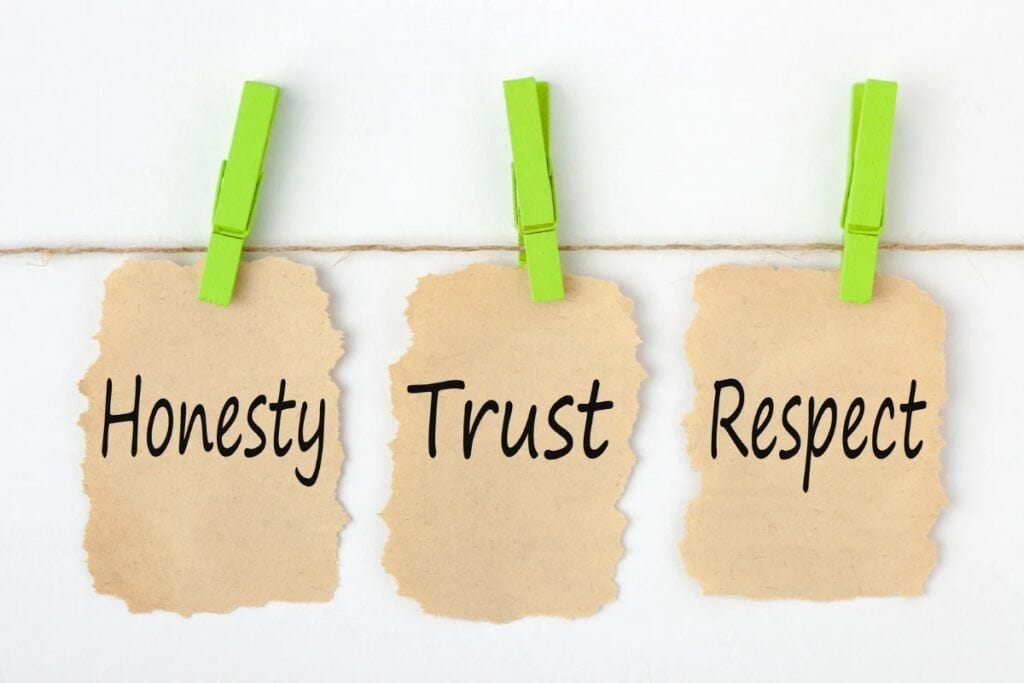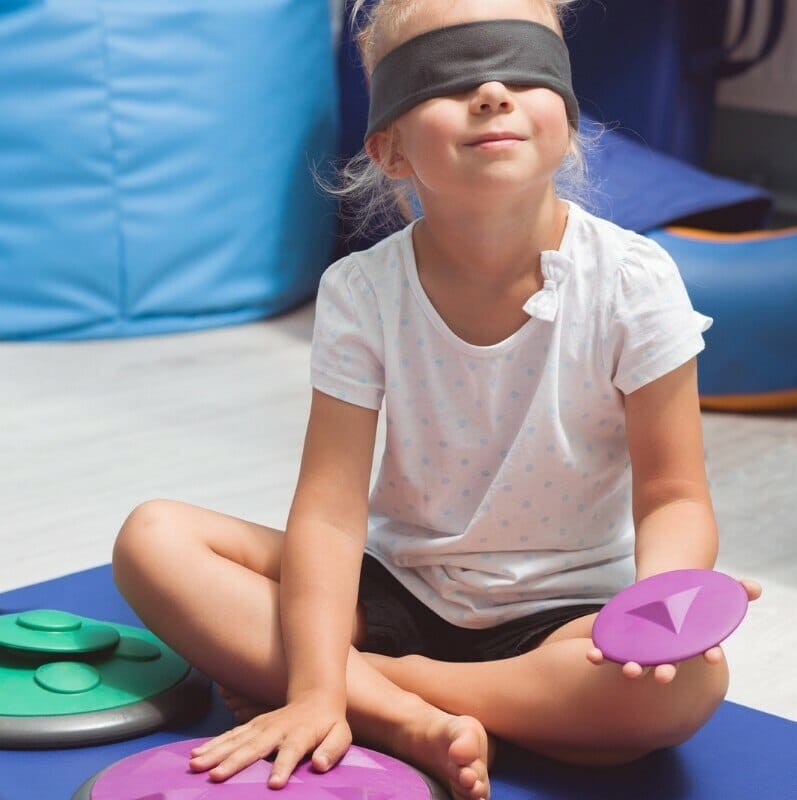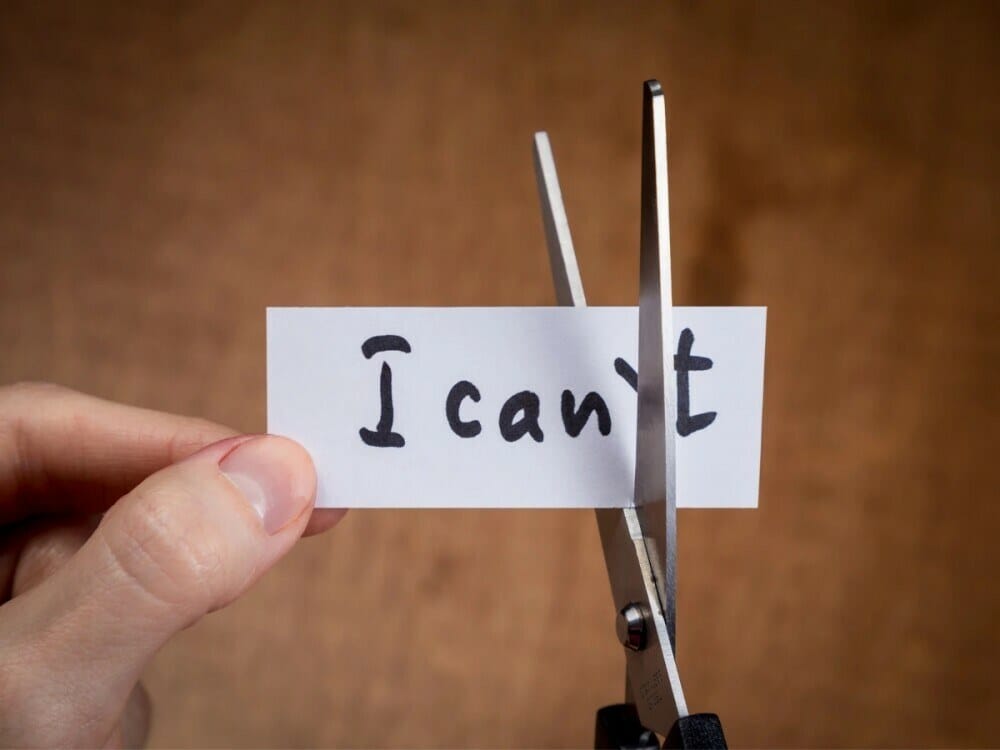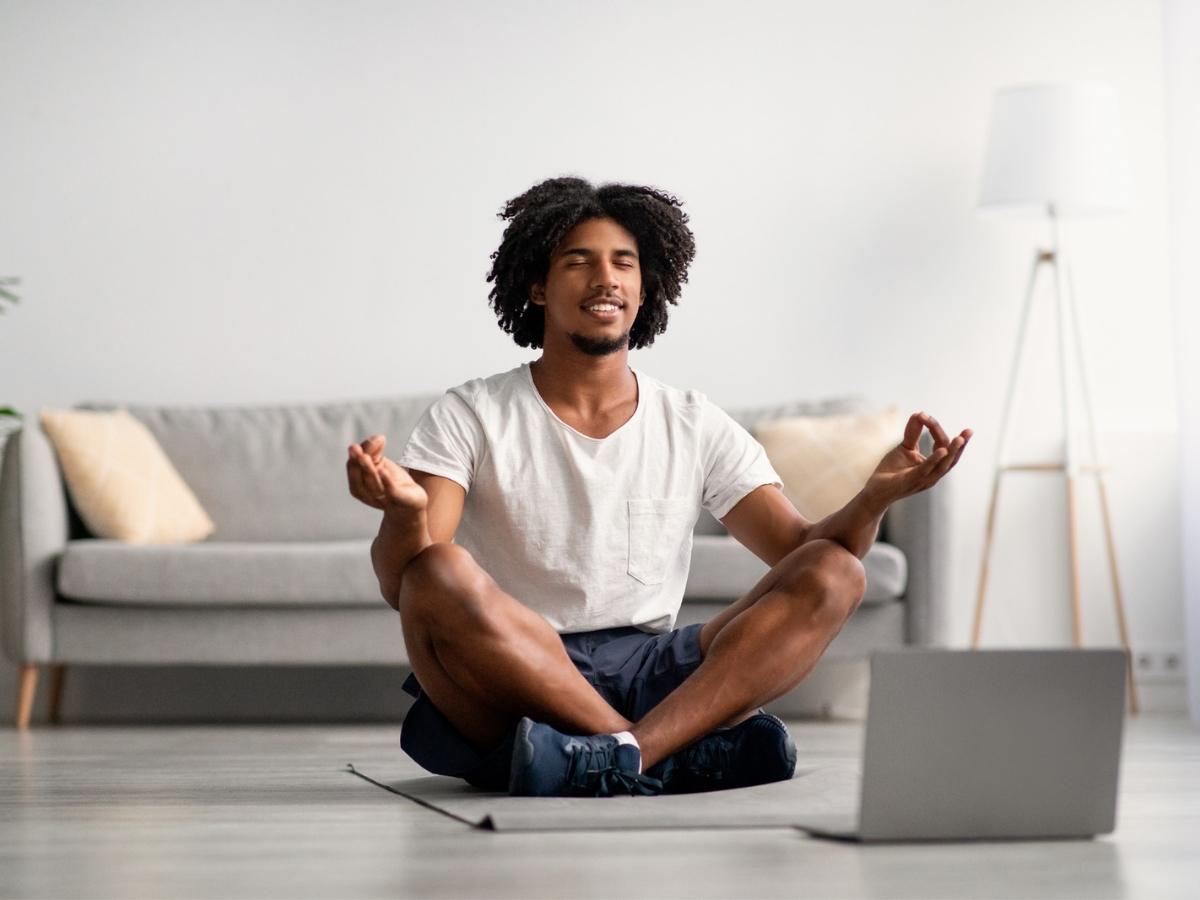Being your own worst enemy chips away at self-esteem. Mindfulness techniques offer a powerful path towards developing deeper self-respect. For beginners, approaching mindfulness with a sense of fun and exploration can make the process far more enjoyable. This guide introduces simple, engaging mindfulness practices that will help you build a strong foundation of self-awareness and cultivate a kinder relationship with yourself.
Embracing Mindfulness: A Path To Greater Self-Respect
I find mindfulness to be a powerful tool for self respect. It’s an approach to living that encourages us to be present in the moment and to engage with our experiences without judgment. Given its potential, I’m eager to share how adopting mindfulness can lead to developing deeper self-respect. At its core, mindfulness revolves around cultivating a heightened sense of self-awareness.

It involves paying attention to your thoughts, feelings, sensations, and the surrounding environment through a lens of kindness and curiosity. This process naturally leads to better self-esteem as we start to accept ourselves just as we are. It’s common for anyone to be their own toughest critics. However, mindfulness introduces a transformative idea: replacing self-criticism with self-compassion.
By recognizing our shared human experience, we learn not to be too hard on ourselves. Beginning your mindfulness journey is a commitment to personal growth. It’s about acknowledging that you deserve respect from yourself as much as you do from others. This mindset is the first step towards nurturing a healthier and more fulfilling relationship with yourself.
Setting the Stage: Creating a Personal Space for Mindfulness Practice
When I began my mindfulness journey, I quickly realized a truth often overlooked: the space where you practice can have a profound effect on the quality of your experience. Creating a personal hideout for your mindfulness exercises isn’t just about aesthetics; it’s about making a commitment to your well-being.

Consider a spot in your home where you feel at ease – perhaps it’s a small nook by the window with a glimpse of the outdoors, or simply a corner of your room free from clutter and distractions. Start by decluttering this area, both physically and mentally, allowing space for your thoughts to roam freely.
Sound and light are subtle, yet powerful, influences on our ability to focus. Soft, natural lighting is often best, but if that’s not an option, a gentle lamp can create a similar effect. As for sound, or perhaps the lack thereof, many find a quiet environment conducive to mindfulness. If silence isn’t available, consider soft ambient sounds or a white noise machine to create your bubble of tranquility.
Finally, infuse elements that signal to your senses that it’s time to slow down. This might include a comfortable cushion or chair, a blanket, or a diffuser spreading a soothing scent. These little details aren’t frivolous; they’re tools that help transition your mind into a state of presence and awareness. With your personal space set up, you’re ready to start incorporating simple exercises that integrate mindfulness into your everyday life – the true beginnings of building self-respect. Remember, the best practice is the one you’ll maintain consistently, so start small and build from there.
Your First Steps: Simple Mindfulness Exercises for Everyday
When starting your mindfulness journey, you’ll discover that the small moments throughout the day holds untapped potential for awareness and self-respect. It’s not about finding extra time; it’s about enriching the time you already have. I’m going to share a few exercises that helped me, and could make a significant difference for you too.
Mindful breathing is the cornerstone of mindfulness practices. It’s as simple as taking a few minutes to pay attention to your breath.

You sit comfortably, close your eyes, and take slow, deep breaths. Inhale, you focus on the air entering your nostrils, filling your lungs, and then exhale, you feel the release of tension. Just five minutes can shift your mood and stress levels.
Routine activities are opportunities for mindfulness. While eating, I pay attention to the taste, texture, and aroma of the food, which turns a daily necessity into a delightful exercise of awareness. Similarly, when walking, I focus on the sensation of the ground under my feet and the sights and sounds around me. It’s remarkable how these little shifts towards being in the moment can cultivate a profound sense of appreciation and respect for the present.
Technology, surprisingly, offers accessible tools for beginners. A variety of apps provide guided meditations tailored to different needs. As a beginner, guided sessions can gently lead you through the principles of mindfulness, ensuring you have a solid foundational practice. I realized the importance of consistency early on. Just a few minutes daily benefits you more than an hour once a week. It fosters a habit and embeds mindfulness into the rhythm of your life. This consistent practice has been a key element in building and reinforcing my self-respect every day.
Building the Habits of Self-Respect Through Mindfulness
Developing self-respect isn’t an overnight event. It’s a journey that requires consistent practice. Mindfulness offers the ideal framework for cultivating the habits that lead to a stronger sense of self-worth. Here’s how you can begin weaving these habits into the fabric of your daily life. Self-respect blooms from the seeds of positive self-talk. Replace critical inner dialogue with daily affirmations. Start with simple statements like ‘I am capable’ or ‘I am worthy of respect.’

These assertions serve as reminders of your intrinsic value and form the backdrop to a self-respecting attitude.
Boundaries are foundational to self-respect. Mindfulness sharpens your awareness of personal limits. It helps you identify what’s acceptable in interactions and where lines should be drawn. Practice this by saying ‘no’ when you mean it, not as an act of defiance but as an affirmation of your needs and preferences.
Neglecting to celebrate your achievements, no matter how small, can erode self-confidence. Take a mindful moment every day to recognize your accomplishments. This doesn’t just boost morale; it reinforces the notion that you are effective and impactful, solidifying your sense of self-respect.
Standing up for yourself can be a powerful experience. When confronted with situations where your values are challenged, embrace mindfulness. This means pausing, recognizing the emotions that surface, and responding in a manner that aligns with your self-respect, rather than reacting impulsively.
Overcoming Challenges: Staying Mindful in Difficult Situations
We all face tough moments. It’s during these times that maintaining mindfulness can be particularly challenging, but also when it can be most beneficial. One effective technique for grounding yourself is the ‘Five Senses Exercise’.

It’s simple: pause and notice something you can see, hear, touch, taste, and smell. This practice can swiftly bring you back to the present moment. Mindfulness equips you to recognize and assess your emotional state without getting overwhelmed. By observing your emotions as temporary states, you gain the power to respond rather than react to stressors.
Your self-respect is not defined by external circumstances or the opinions of others. By holding onto this understanding, you can maintain a steady sense of self-worth, regardless of what you encounter. Consider employing ‘Meditative Problem-Solving’. Instead of immediately trying to fix an issue, take a moment to breathe and approach the situation with a clear and centered mind. This can lead to more thoughtful and effective solutions. As you continue to incorporate mindfulness into your everyday life, you’ll find that the minor irritations that might once have derailed your peace of mind now seem less significant.
Nurturing Your Practice: Growing and Evolving with Mindfulness
Now that mindfulness has become a part of your life, the journey doesn’t end here. It’s a practice that evolves, just as you do. The more you integrate mindfulness into your daily routine, the more natural it becomes to honour and respect yourself.

It’s essential to stay committed, recognizing that each day might present a fresh set of challenges to your sense of self-respect.
Consistency is your strongest ally. When you consistently take time for mindfulness exercises, you’re investing in yourself, reinforcing the belief that you are worthy of this time. Patience is equally crucial; don’t be disheartened if progress seems slow. Mindfulness is not about quick fixes, but about building a sustainable, respectful relationship with yourself over time.
As you become more experienced, you’ll likely discover new mindfulness techniques that resonate with you. Explore these methods; perhaps try a weekend retreat, a new form of meditation, or mindfulness-based stress reduction programs. Each new technique can be a tool that helps deepen your understanding and appreciation of yourself.
Finally, remember that you’re not alone in this journey. Mindfulness communities, both in-person and online, can offer immense support, learning, and companionship. Sharing experiences and tips with others can not only boost your motivation but can help in fostering an environment where self-respect is nurtured collectively. So keep going, stay mindful and continue to flourish in your respect for yourself and your journey.

